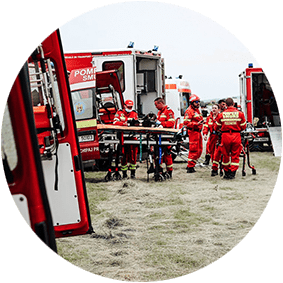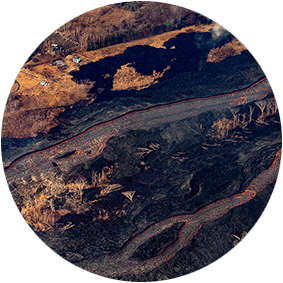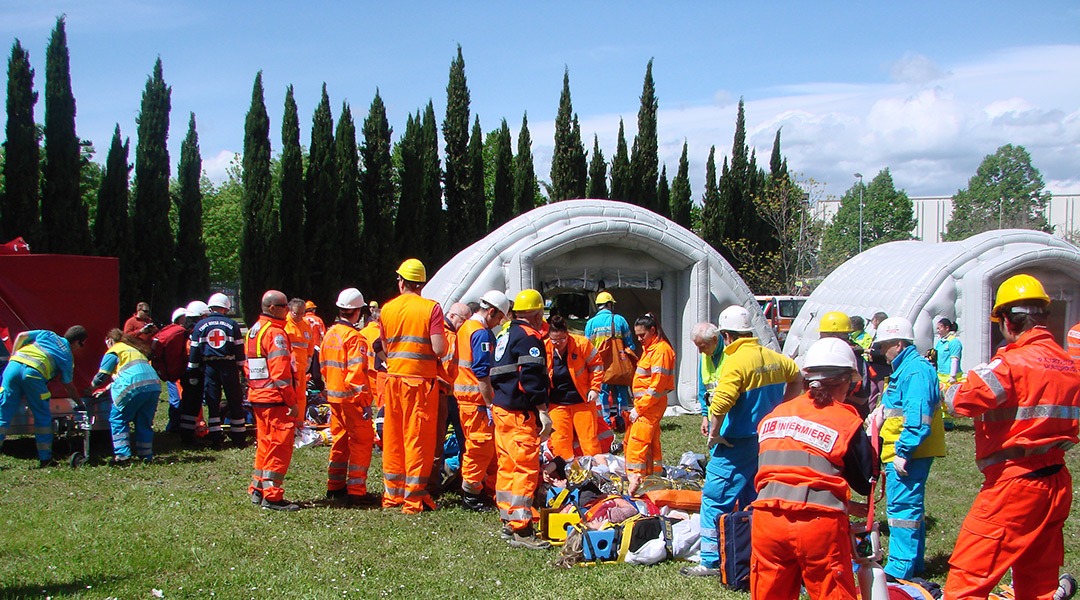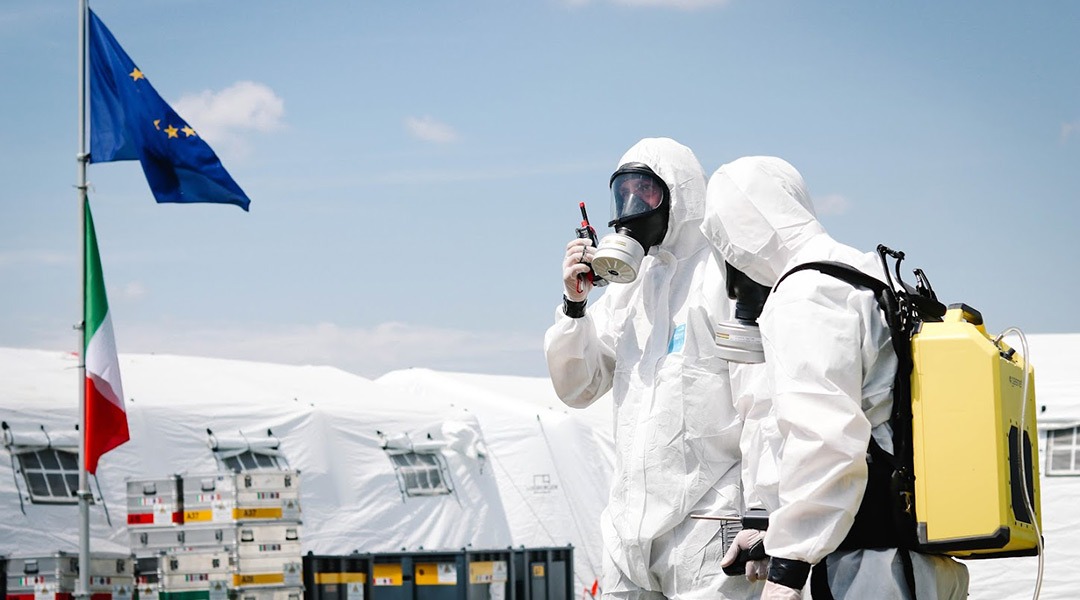Objectives
Our set objectives

Objective 1
Conceptualize (WP1) and empirically analyze (WP2) HILP events and build a broad, multi-disciplinary knowledge base for their implementation in Disaster Risk Reduction (DRR) and Disaster Risk Management (DRM)


Objective 2
Co-develop a novel and scalable methodology for tiered risk and resilience stress tests (STs) with DRM practitioners and other key stakeholders (WP3)

Objective 3
Enable European and international DRM practitioners to identify common points of failures in typical HILP risk patterns through the co-development, implementation and evaluation of tiered risk and resilience STs (WP4)


Objective 4
Improve the societal resilience towards HILP risks through novel and evidence-based planning, capacity building and communication approaches (WP5)
Impact / expected results
Scientific and Technological Impact
- The AGILE project seeks scientific impacts through refined taxonomy and the development of a knowledge platform for HILP events.
- Results will include a sharpened taxonomy, in-depth analysis of HILP events, and the establishment/enhancement of a knowledge platform, such as the European Union Civil Protection Knowledge Network.
- The project introduces a scalable stress test method for qualitative and quantitative analyses of socio-technical systems, offering cost-effective scalability and potential for simulations.
- The approach aims to provide policy recommendations based on comprehensive analyses.

Societal Impact
- AGILE targets societal impact by delivering practical benefits and addressing EU policy priorities and global challenges.
- Leveraging its unique position as a practitioner-led consortium with a global network, AGILE aims to ensure the uptake of research and innovation results within practitioner organizations and policy-making bodies.
- Societal impact will be achieved through the development, implementation, and evaluation of replicable risk and resilience stress tests (STs) for different governance levels and infrastructure, including critical infrastructure.
- The focus on co-design within the consortium ensures the practical applicability of the tiered ST methodology.
- AGILE’s unique position in the UCPM framework and global networks is expected to boost the uptake of guidelines for stress testing trainings and exercises.

Scale and Significance of the Impact
- AGILE aims to develop and apply a novel methodological risk and resilience stress testing framework in 9 dedicated case studies in various geographic settings and sectors.
- Case studies are selected not only for their geographical diversity but also for their potential transferability and replicability of results across different countries and scales.
- The project seeks to expose over 250 individuals from 30+ countries to its results, fostering global collaboration and knowledge transfer.
- AGILE’s results are relevant for all states and organizations worldwide, providing a novel methodological framework and reference library to support the development of more adequate and efficient policies.
- Stakeholder engagement through the CMINE platform is promoted for participatory and bottom-up approaches, ensuring inclusivity beyond core activities.
